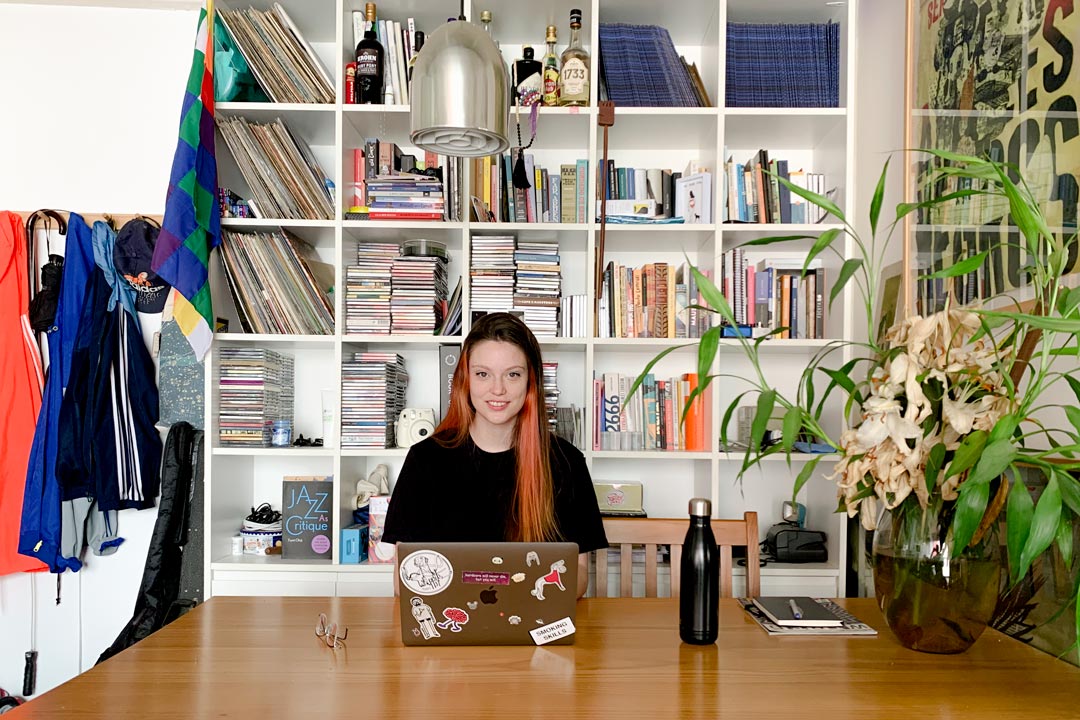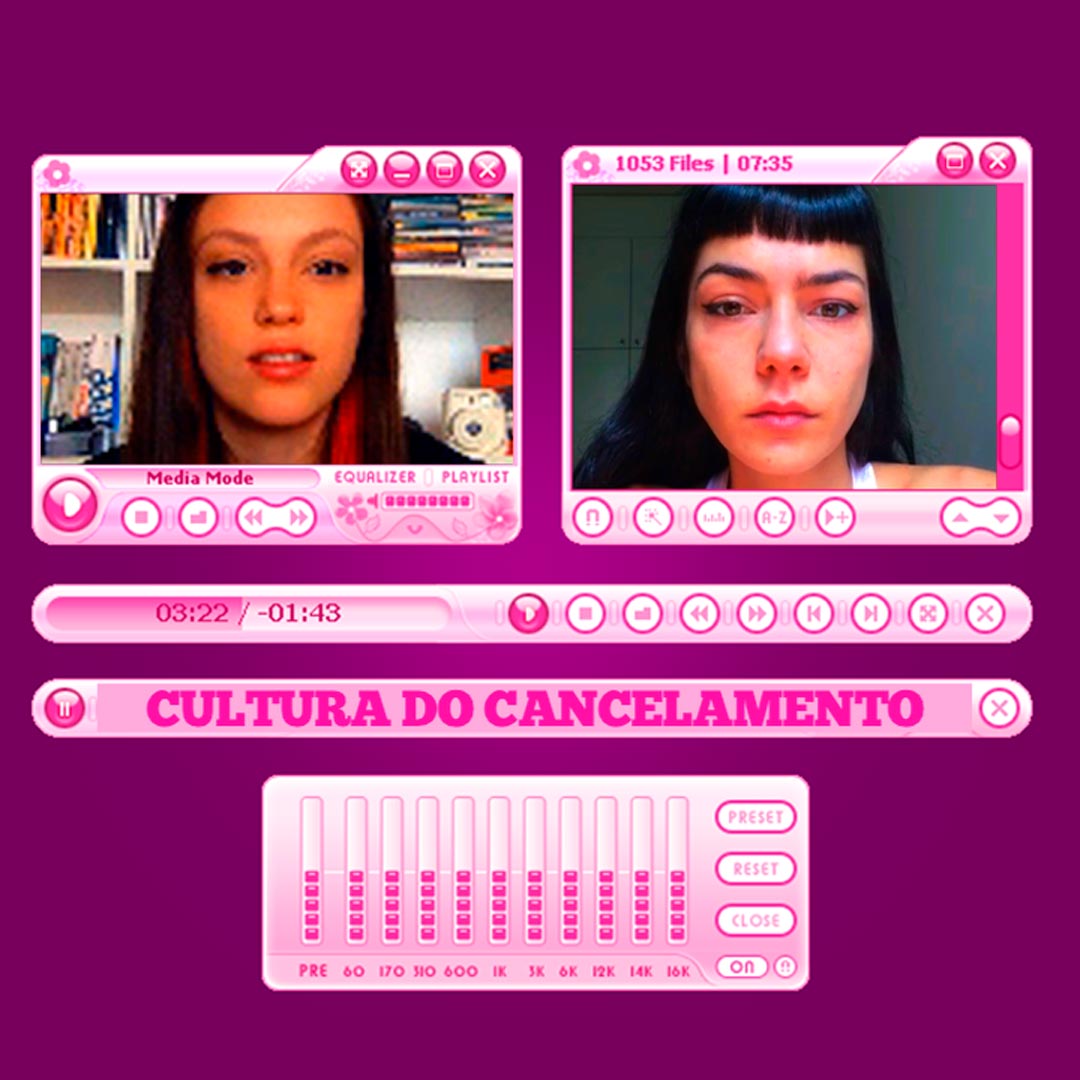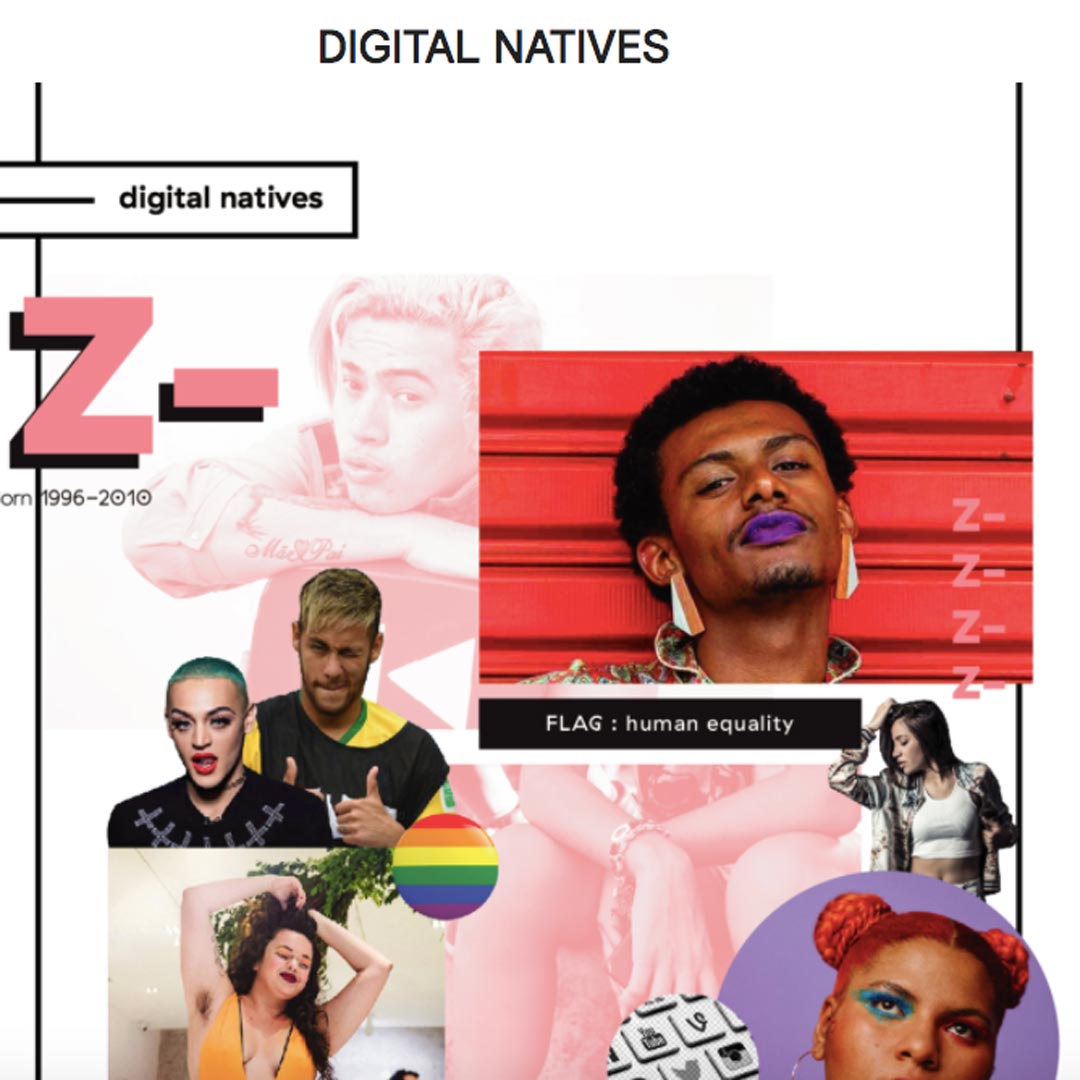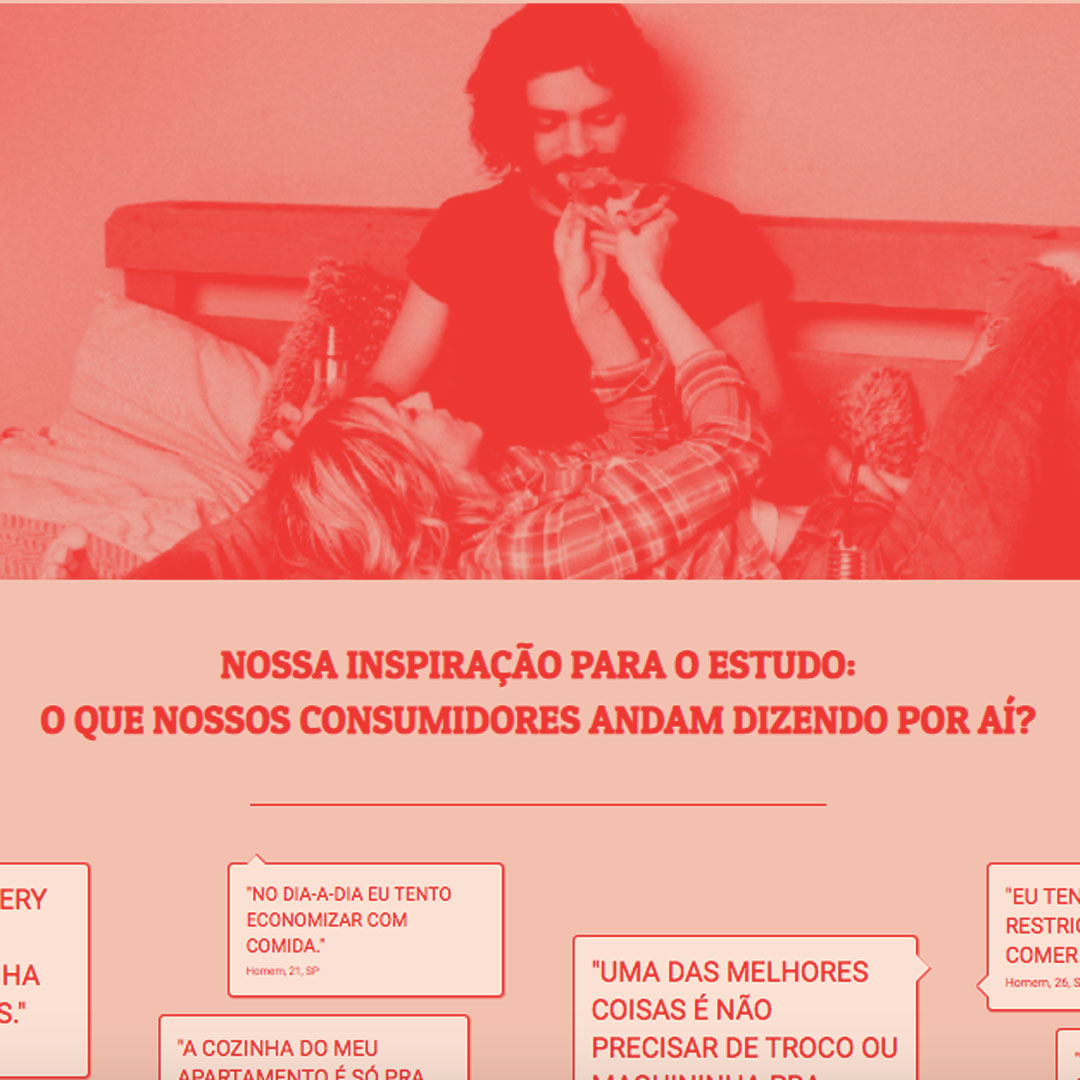Lockdown Stories is a series of short interviews with creative entrepreneurs and businesses that have been affected by the COVID-19 crisis. Since its beginnings, the main goal of Future Positive has been to share inspiring projects happening all around the world and, during these strange and difficult times for independent businesses and creators, we want to continue providing support and visibility. If you’d like to be featured in this series, please get in touch at hello@thefuturepositive.com and tell us your story.
Lydia Caldana
Foresight Strategist and Consumer Insights Specialist. Lydia researches culture and strategises the present and the future; focusing on emerging behaviors and how they change people’s values and attitudes to help brands create long-lasting relationships with people through products, services and communication.
Location: Brooklyn, NY, USA
www.lydiacaldana.com

When did the lockdown start for you and how has your business been affected? And how has it affected your clients?
Life in New York City has pretty much changed drastically on March 9, 2020. As a freelance qualitative researcher and trend forecaster, a lot of what makes up my work always was online. Many of the partner consultancies I work with are based in London, UK and São Paulo, Brazil, so all relationship, briefs, presentations and most of the data collection already was digital.
What has changed is the inability to live life in New York City, which is a big source of innovation and inspiration for the research I conduct. As much as the lockdown has pushed for transformation and evolution in virtual terms, people’s lives also take place in the physical layer, that has a crucial role in activating senses and enhancing product/service experience.
Clients which centered their business around events (concerts, festivals, sports, etc) or B2C services (mobility, tourism, food service, etc) have seen an instant impact on everything from number and quality of employees, to the supply chain, the attention to online presence and commerce, and business model.

Have you found any new ways of working or have come up with new services during this time?
I have seen how ways in which I had been leading my business become the go-to solution for a time that demands agility and cost-efficiency. Things like meetings becoming emails, and desk-based research/phone interviews for monitoring and predicting consumer behavior (instead of field research or physical interviews) have become more and more popular. I have structured a new methodology that combines inputs from consumers, experts and the academia – online – that form a 360 perspective of behavior and projection of future scenarios.

What are some of the positive takeaways you have experienced during this time?
It has been really nice to see some unity. While there is still privatization of solutions and initiatives to COVID-19, citizens from all over the world have been sharing similar difficulties and an increased communal feeling of empathy. Global events that affect almost all countries in the world have the power to mobilize people around one big goal. The pandemic is also leveraging other urgent issues, like sustainability.

What are some of the trends you have identified so far?
The pandemic is both a global and a local crisis. On a micro level, we are already seeing how cities are reimagining themselves to increase citizen participation, reduce traffic and pollution rates and promote inclusivity. Milan and NYC already have plans that, through small but spread-out changes, will lead them towards more human-centered places.
Something else that is shifting is the value placed on people’s homes and what is inside of them. When houses were built and used simply as places to come to for sleep or change of clothes, furniture and appliances didn’t have a big role in budgets and time. With people being forced to experience more homebody lives, they are realizing that a lot of what they have is either not goof/efficient enough or clutter.
Urban spaces in dense cities for people with fast-paced lives required products and services that dealt with a series of tasks for them. With this relationship to the house and its chores being re-established, processes and rituals of cooking, cleaning and caring are demanding from products more in terms of precision and less in terms of quantity. There are only so many laundry detergents one can store.
